
Gen Z know the risks but still reuse passwords
A new survey of 2,300 adults worldwide reveals that 79 percent of Gen Z believe reusing the same password across multiple accounts is risky, however, 72 percent still admit to doing so.
The study from Bitwarden ahead of next Thursday's World Password Day also shows 59 percent of Gen Z admit to reusing an existing password when updating an account with a company that has experienced a data breach, this is compared to just 23 percent of Boomers.

LastPass now available on AWS Marketplace
LastPass has joined the Amazon Web Services Partner Network (APN) and is now listed on AWS Marketplace. This addition aims to provide organizations with streamlined access to password management solutions that support security and ease of management amid increasing adoption of hybrid work models.
Organizations are facing heightened challenges in managing a growing number of SaaS applications and online accounts, particularly as remote and hybrid work arrangements become more common. LastPass's availability on AWS Marketplace is intended to address these challenges by offering secure, easily accessible password management options that maintain administrative control and user convenience.
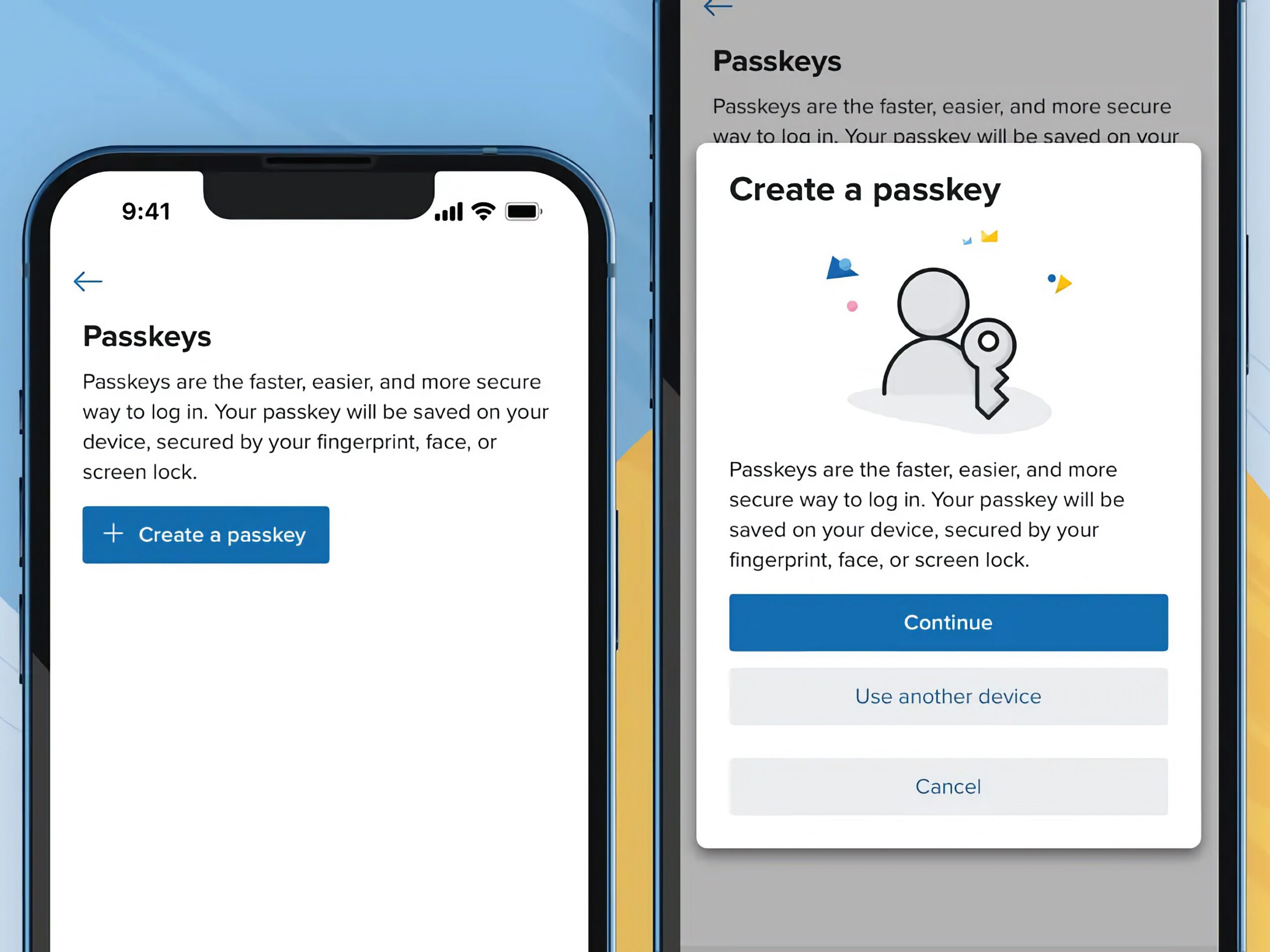
Fastmail now supports passkeys
Fastmail has launched a new feature allowing users to create passkeys for their accounts, promising a faster and more secure authentication method compared to traditional passwords. Passkeys address the inherent weaknesses of passwords by using cryptographic keys that offer several advantages over conventional methods.
Passwords, the standard for online authentication, present challenges such as the difficulty in creating secure passwords and vulnerability to phishing attacks. In contrast, passkeys operate on public key cryptography, where a private key creates a signature and a public key that the website can verify. This method provides security benefits like replay resistance, where each login attempt involves a unique challenge from the website, making passkeys resistant to interception. They are also leak-resistant since only the public key can be compromised without being used to forge a login, and they are phishing-proof as passkeys are inherently tied to the website they were created for.

People struggle to manage all of their passwords
A new survey of more than 6,000 respondents globally finds that 62 percent of people are worried about managing too many passwords, accounts and logins.
The report from Keeper Security shows that this leads to some dubious password management with 26 percent relying on memory, 24 percent writing them down and 19 percent storing them in a browser or phone notes app. Two in five also admit to reusing passwords.

Google issues apology for Chrome flaw that broke its password manager
Google has apologized for a Chrome problem that resulted in millions of users being unable to use the browser's password manger.
The issue meant that affected users were not able to access saved passwords for the majority of a day. In issuing its apology, Google explains that a faulty update for the M127 version of Chrome for Windows was to blame, noting that the problem hit users globally.
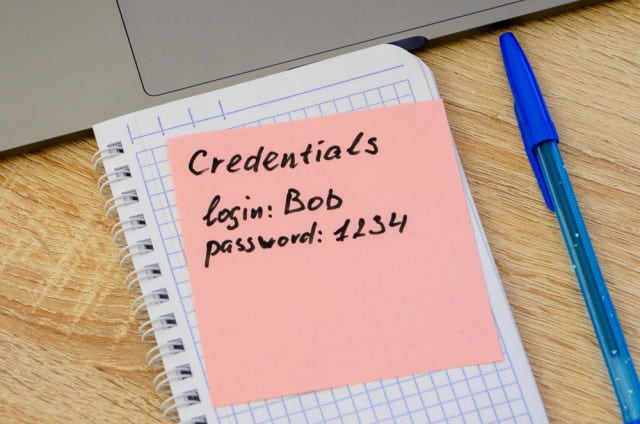
New Dashlane tool warns of compromised credentials
Leaked or stolen credentials remain a major cause of security breaches and reuse of passwords between accounts only compounds the problem.
Password manager company Dashlane is launching new automated tool to empower admins to proactively create a more security-conscious workforce and drive better credential security behavior across their organization, reducing the risk of credential theft.
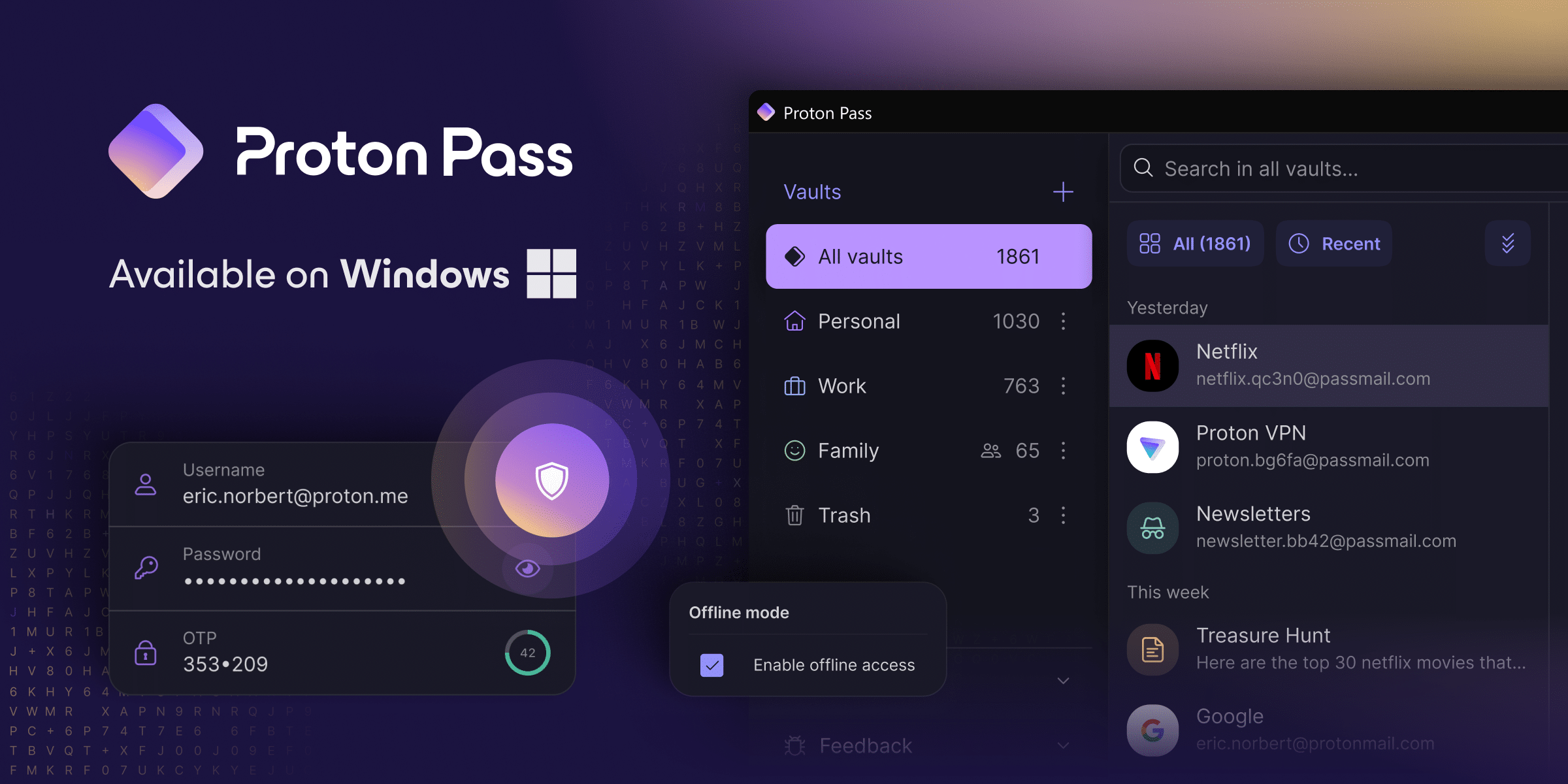
Proton Pass password manager app for Windows launches with offline mode -- macOS and Linux versions on the way
Proton, the privacy and security company, has launched Proton Pass for Windows -- a new standalone desktop application that extends its secure password management beyond the web browser. Proton Pass offers an enhanced user experience by integrating more seamlessly with the Windows operating system, allowing smoother management of passwords and encrypted login information.
One of the key features of this new application is its offline mode, available to Proton Pass Plus and Unlimited users. This mode ensures access to information anytime, without needing an Internet connection, and is secured with Argon2 encryption, known for its robust defense against brute-force attacks.
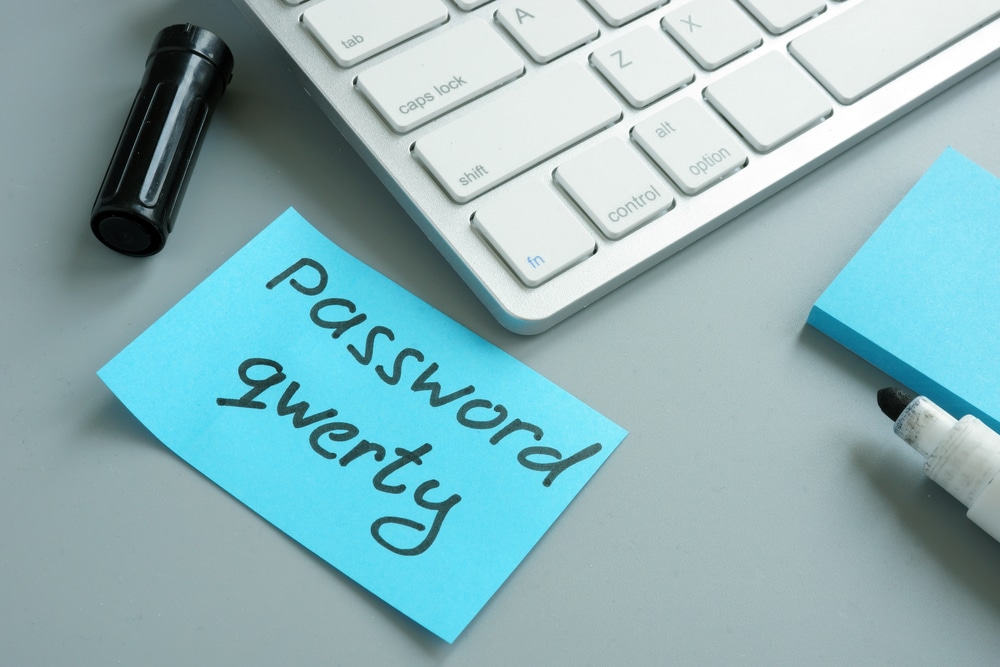
Password health is improving but reuse is still an issue
A new report from Dashlane finds that password health and hygiene have improved globally over the past year, reducing the risk of account takeover for consumers and businesses.
However, reuse is still widespread leaving user accounts particularly vulnerable to password-spraying attacks if they’re not protected by strong multi-factor authentication.

Does the password still have a future? [Q&A]
The death of the password has been predicted for a long time, yet despite increased adoption of biometrics, passkeys and other newer technologies, passwords still underpin much of our day-to-day security.
We spoke to Darren James, senior product manager at Specops Software, to discuss passwords, whether they still have a future and where authentication is heading.
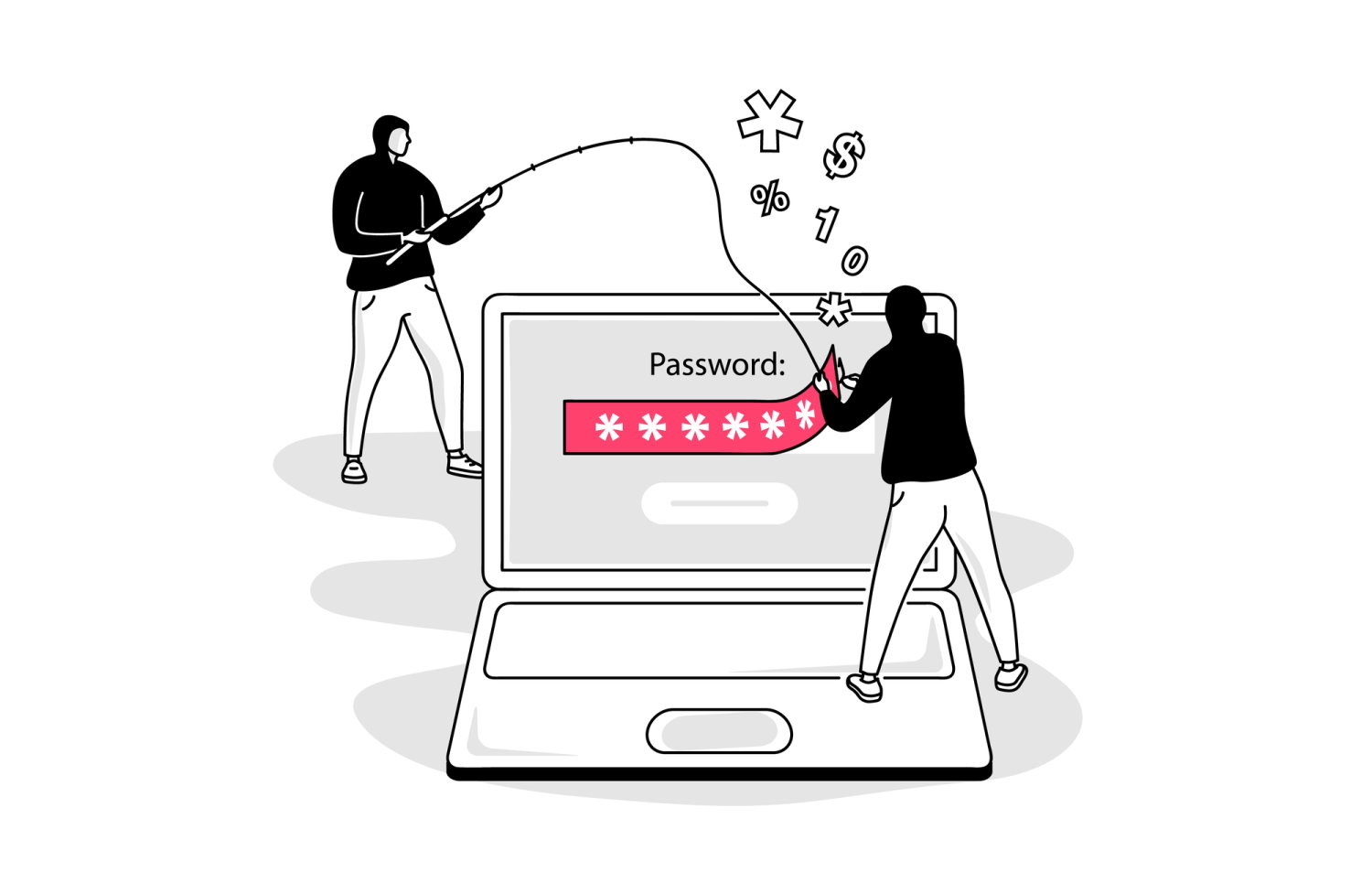
Google Password Manager gains new features on desktop and mobile
Today, Google Password Manager, known for its ability to generate and autofill unique passwords, is introducing five new features designed to enhance security, provide helpful functionality, and ensure ease of use. The features vary from platform to platform, with some being new for desktop, while others being new to iOS.
Google Password Manager now boasts a dedicated home within Chrome on desktop platforms, providing users with a centralized location to review all saved online credentials and manage password settings. Users can easily access this feature by clicking on "Password Manager" in the Chrome menu or by selecting "Manage passwords" when prompted by Chrome to autofill a saved password. Additionally, a desktop shortcut for Google Password Manager can now be created for even quicker access.
